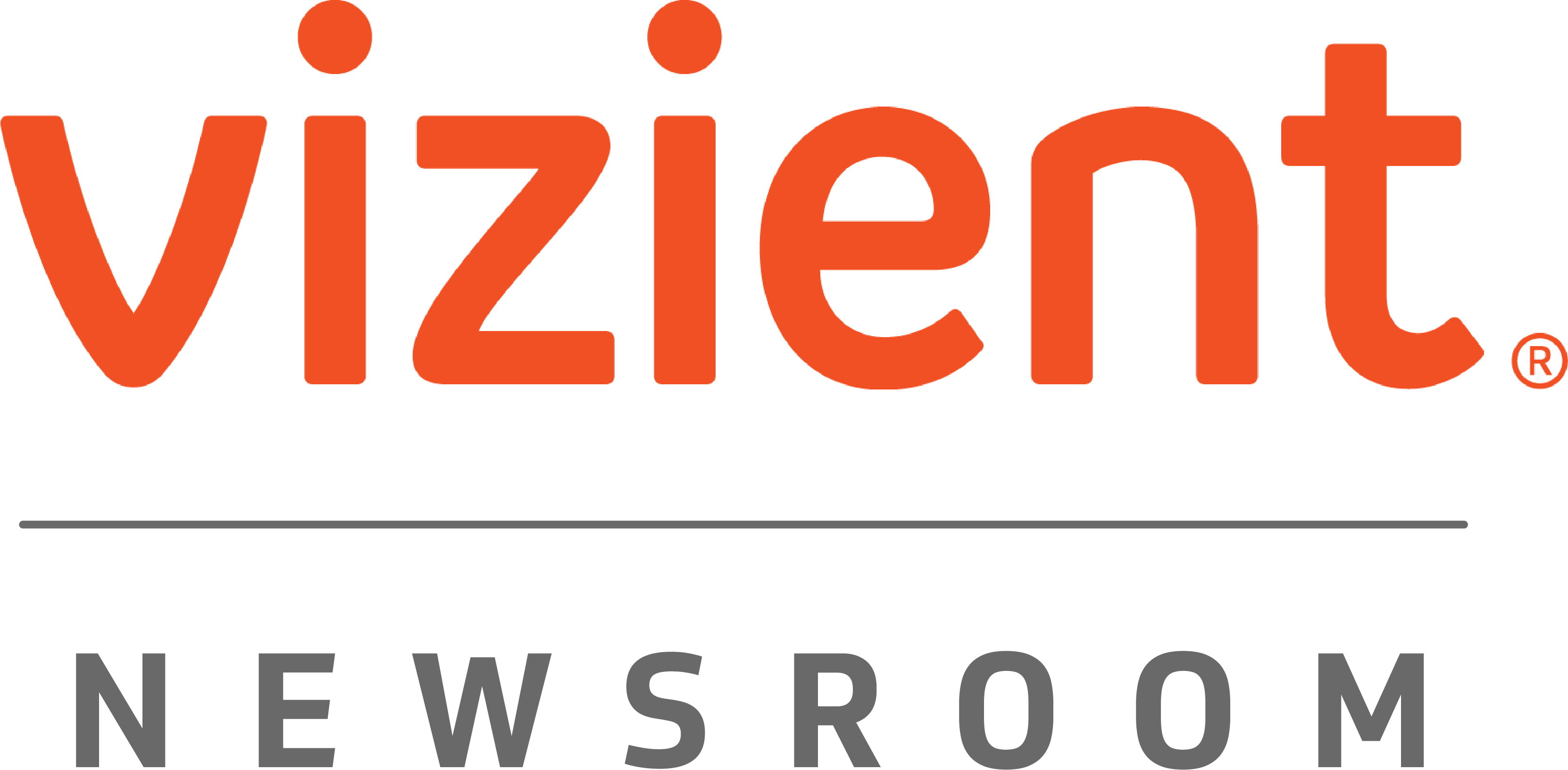IRVING, Texas
IRVING, Texas--(BUSINESS WIRE)--Vizient, Inc. has released its January 2018 Drug Price Forecast and estimates that for pharmaceutical purchases made from July 1, 2018 to June 30, 2019, health systems can expect a 7.35 percent increase. An executive summary of the Drug Price Forecast can be accessed here.
“The latest Drug Price Forecast highlights the ongoing market dynamics that continue to contribute to rising pharmaceutical costs and exacerbate the challenge of managing health system pharmacy expenses,” said Dan Kistner, senior vice president, pharmacy solutions for Vizient. “Pharmacy and C-suite leaders must collaborate and strategically address these issues by implementing cost-saving and quality optimization measures. They must also leverage their voices in advocacy to address the more systematic issues including drug shortages and high-cost medications.”
The new forecast projects a 7.35 percent increase, a slightly moderated level of growth due to fewer exorbitant price increases and the moderation in the costs associated with certain specialty drugs, like the hepatitis C agents. “While slightly lower, this increase still represents a substantial impact, especially given the use of many high-cost drugs across our members,” said Kistner.
Given the continued trend of price increases, Kistner recommends a previously emphasized strategy: the evaluation and use of biosimilars. “The areas where our members spend the most money are in the disease-modifying, anti-rheumatic drugs, where biosimilar competition already exists, and in oncology drugs, where substantial biosimilar competition is expected in 2019. If we do not find a way to capitalize on this introduction of competition for therapeutically similar products, we waste an incredible opportunity to influence drug spend.”
In addition to the pricing projections that affect a health system’s pharmacy budget, the executive summary of the Drug Price Forecast offers insight into topics such as biosimilars, the opioid crisis, specialty pharmacy, and diabetes treatments, as well as a timeline of anticipated major events that will affect pharmacy practice in the coming months.
Highlights from the forecast report include:
- Biosimilars still at a tipping point: The savings associated with the use of biosimilars in the U.S. health care system are estimated to be $54 billion over the next 10 years. At the end of 2017, three approved biosimilars were marketed in the U.S. Five others were approved but are not yet on the market. However, the decision by some payers to designate the original, branded medications as “preferred” within their formularies has been a limiting factor, although this approach is beginning to change.
- The pain of America’s opioid crisis: Managing postoperative pain in the era of the opioid crisis is a balancing act. The adoption of multimodal analgesia for the management of postoperative pain has given rise to the development of many novel formulations of nonopioid analgesics, which are several times more expensive than older formulations. While nonopioid analgesics are a vital component of opioid stewardship efforts, standardizing discharge opioid-prescribing methods is equally critical to mitigating chronic opioid abuse associated with postsurgical pain management.
- The role of hospitals in specialty pharmacy services: Specialty pharmaceuticals continue to account for an increasing percentage of drug spend, a pattern that appears unlikely to change. As of December 18, 2017, the FDA had approved 42 novel drugs (i.e., new molecular entities), of which close to 80 percent could be considered “specialty” medications, according to generally accepted criteria. All providers with substantial spend on specialty pharmaceuticals must continue to collect objective evidence of the superior patient care delivery and medication adherence possible through an integrated approach to specialty pharmacy.
- Insulin increases create sticker shock for patients: Approximately 20 percent of overall health care spend is for patients with diabetes. Drug therapy alone accounts for one of every eight dollars of prescription drug spending. Over the last decade, the cost of short-acting insulins has increased 290 percent resulting in sticker shock for patients with high-deductible insurance plans. As a result, insulin manufacturers are facing pressure over rising prices from both consumers and Congress.
The Vizient Drug Price Forecast reflects the collective expertise of over two dozen employees of the Vizient pharmacy sourcing and clinical teams along with external resources, including members. It is based on the analysis of data from Vizient’s Pharmacy Program, which compiles member participants’ purchases (price and volume) in hospital and non-acute care settings. Vizient bases inflation estimates for the forecast period on past price change history during the last 36 months where available, as well as current knowledge of contract allowances and marketplace factors such as expiring patents and anticipated new competition to develop a projected inflation estimate.
The forecast is an important resource for pharmacy leaders in developing annual budget projections for their health systems. It is conducted biannually each year to provide insight on factors driving pricing and practice changes in the pharmaceutical industry.
About Vizient, Inc.
Vizient, Inc., the largest member-driven health care performance improvement company in the country, provides innovative data-driven solutions, expertise and collaborative opportunities that lead to improved patient outcomes and lower costs. Vizient’s diverse membership base includes academic medical centers, pediatric facilities, community hospitals, integrated health delivery networks and non-acute health care providers and represents more than $100 billion in annual purchasing volume. The Vizient brand identity represents the integration of VHA Inc., University HealthSystem Consortium and Novation, which combined in 2015, as well as MedAssets’ Spend and Clinical Resource Management (SCM) segment, including Sg2, which was acquired in 2016. In 2017, Vizient again received a World’s Most Ethical Company designation from the Ethisphere Institute. Vizient’s headquarters are in Irving, Texas, with locations in Chicago and other cities across the United States. Please visit www.vizientinc.com as well as our newsroom, blog, Twitter, LinkedIn and YouTube pages for more information about the company.

